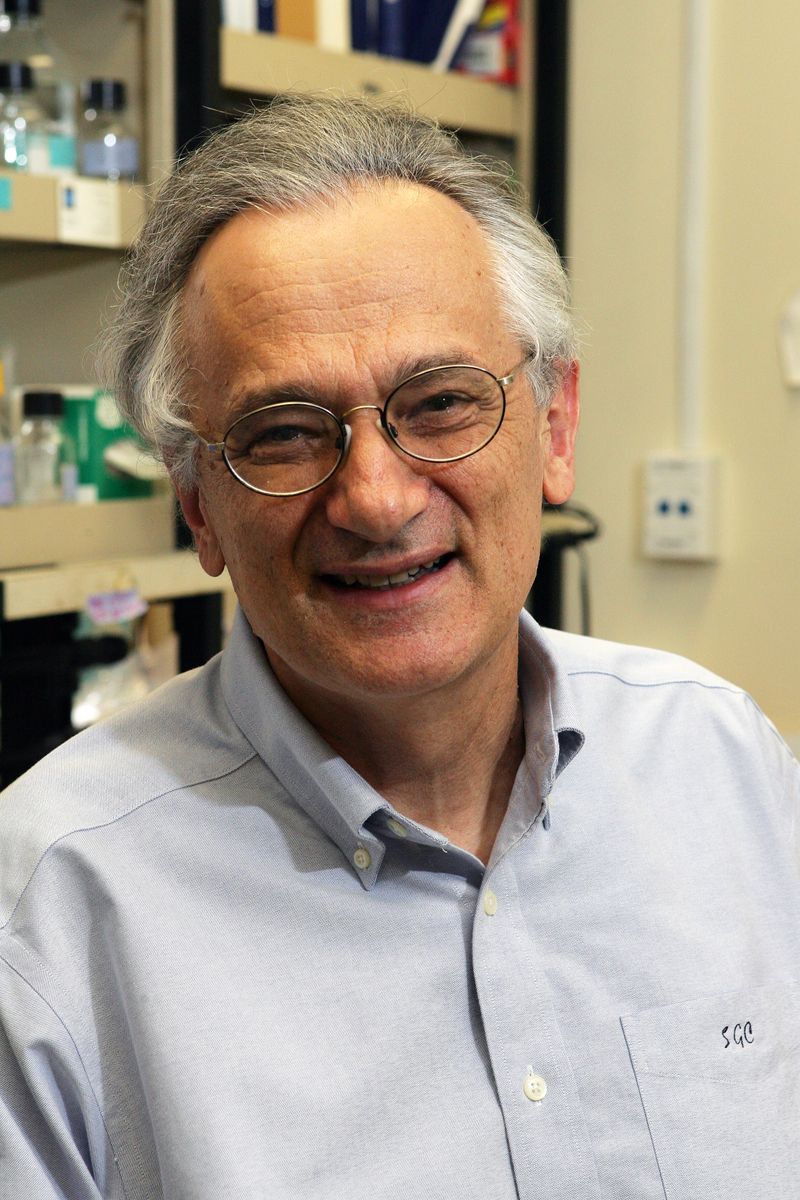The National Institutes of Health is renewing UCLA’s innovative Cellular and Molecular Biology (CMB) Training Program for the next five years, bringing to campus almost $4.4 million to support Ph.D. students in biomedical research. The program has been directed by Steven Clarke, Distinguished Professor of Chemistry and Biochemistry, since 1988.
The program prepares the next generation of doctoral students in the fields of genomics, proteomics, systems biology, quantitative and structural biology, stem cell biology and bioinformatics for successful careers in the biosciences. It has supported more than 500 students, most of whom are currently in full-time positions in research, teaching and biotechnology. Twenty-four students have been appointed to the program for next year from eight doctoral programs.
The CMB training program provides broad training for students “who will be on the interfaces of new technologies and advances in cellular and molecular biology,” said Clarke, who holds UCLA's Elizabeth and Thomas Plott Chair in Gerontology. Carla Koehler, a professor of chemistry and biochemistry, is the CMB’s associate director.
The program places special emphasis on developing leaders in research integrity, enhancing the diversity of the scientific workplace, providing a platform for students to consider a variety of career paths and ensuring that students are ready to share their science widely, he said. Among the ways these goals are achieved is through two intensive and innovative research integrity courses; a continuing focus on outreach, recruitment, and retention of underrepresented students; course work that combines opportunities for students to discuss their own research and career goals with fellow trainees and training faculty in different disciplines; and by encouraging trainee participation in national and international meetings.
Clarke calls the CMB training “a linchpin of Ph.D. graduate training in the biosciences at UCLA.”
“Our experience,” he said, “demonstrates that understanding disease and treatment possibilities often result from advances in fields that may not be obviously related, at least initially. At UCLA, the CMB program provides a model for how interdisciplinary graduate programs can prepare scientists to meet the challenges of the future. It works closely with the Molecular Biology Interdepartmental Program, the Molecular Biology Institute, the Biosciences Graduate Program, and the graduate programs in the Department of Chemistry and Biochemistry in developing best practices for graduate education. We strive to be at the cutting edge of innovation in graduate education.”
He said UCLA is an “extraordinarily rich, interdisciplinary and highly interactive environment for education in the biosciences and medical sciences.”
CMB was initially brought to UCLA by Professors Paul Boyer and Fred Eiserling in 1975.




